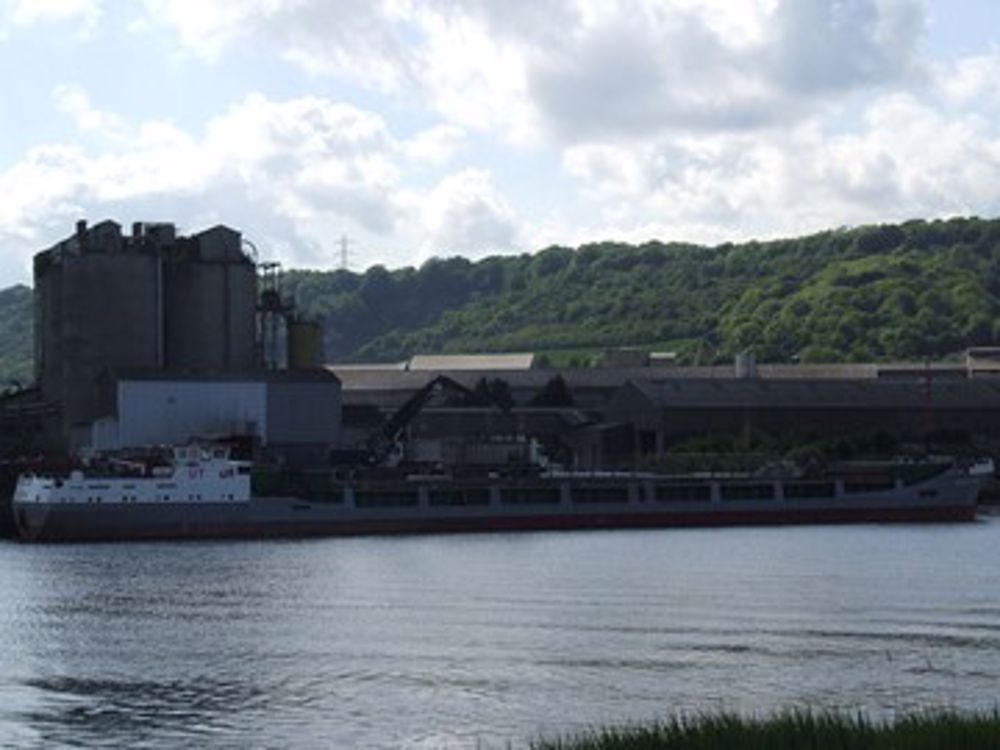My pre-university school vacation work at Rugby Portland Cement
In the period 1958 to 1961 I worked during the school holidays in the laboratory of the Rugby Portland Cement Company Limited (RPC), Halling, Kent, clocking on at 7:20.
For the first vacation I worked in the physical laboratory where inmates wore brown coats i.e. they were non-staff folk. They tested the strength of blocks of cement/concrete and the like. Here, I had the pleasure of spending almost all of the time in the mould room where my delightful task was mould cleaning. The moulds were approximately four inches square, steel with separate sides and base bolted together. Every trace of cured mortar had to be removed and when complete, the mould parts were lightly oiled and then put back together for re-use. It was a thankless task but that is an important part of learning.
I was privileged to dine with the laboratory staff on the stage of the hall building. During these periods and subsequently, the value and pleasure associated with doing a hard day’s work and clocking on and off was so great as to be almost indescribable. After eating, I would invariably seek a spare bench in the changing room and sleep on it until afternoon shift started. After all, I was not used to such early starts.
In subsequent years I was first with the brown coats and later with the white coats but this time, in the chemistry laboratory. I was responsible principally for analysing for ‘sulphate’ in the discharge from the grinding mill (ball mill) from whence the samples came. As I became more competent and trusted, I was allowed to go into the factory and adjust the gypsum (CaSO4.2 H2O) feed into the ball mill as indicated by my results. This was a considerable honour and was my first venture into a working factory. It was difficult to do anything in the ‘Mill Room’ as it was called, because of the noise. A row of I think it was four ball mills all roaring away grinding clinker into a fine powder. No such thing as earplugs or earmuffs in those days, or any recognition of industrial deafness. Instead, the poor blokes whose whole job was working in the mill room, were difficult to talk to because they seemed unable to hear properly. They were regarded by all the other workers as being a little bit mad.
A story that must be told, first told to me by my father Frank who at the time was deputy chief electrician in the maintenance department, was about a worker who had to go inside one of the ball mills to examine the cause of a blockage without the lock-out and safety systems we have today. He was evidently at the feed end of the mill when the door was closed and the mill made ready for start-up. Fortunately he survived probably because of his own presence of mind rather than any good management.
So there we have two instances that hopefully would never occur presently, the deafening of mill workers and someone nearly being killed inside an item of plant.
Following on from my vacation work experience I have studied a little about cement manufacture in the UK.
